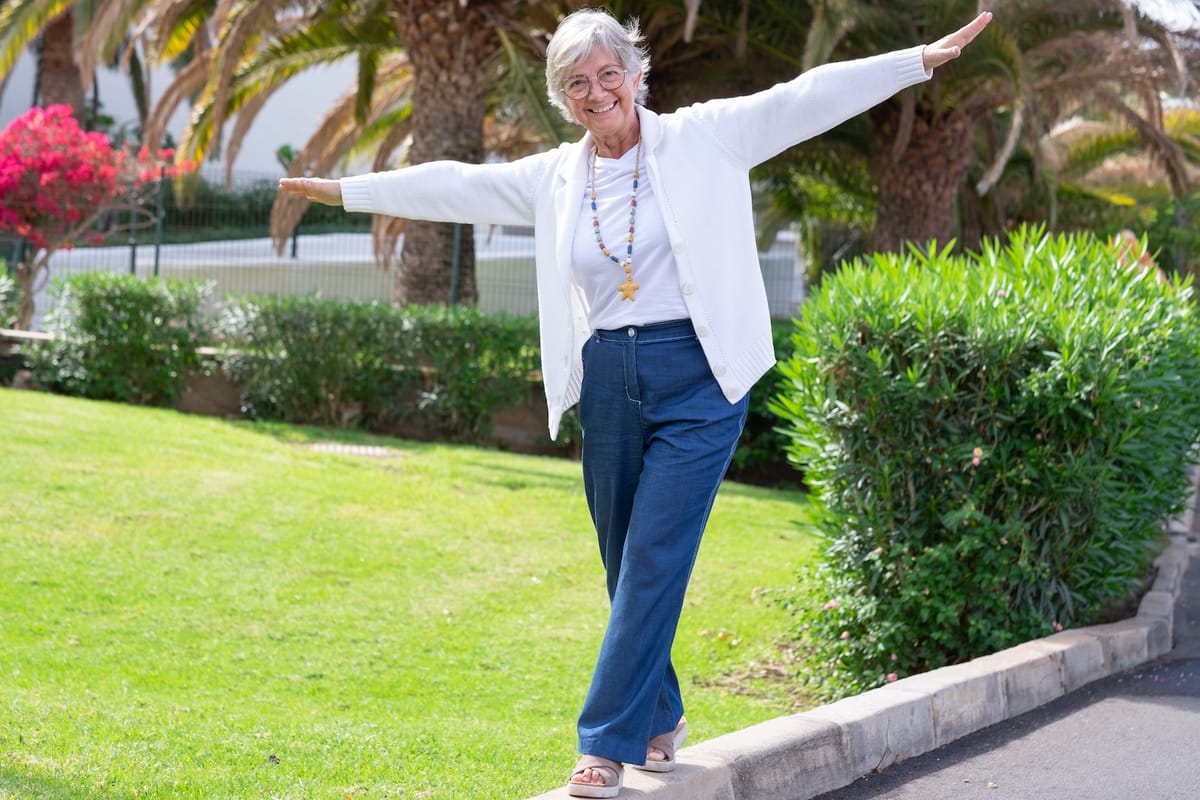

Balance As It Relates to Health
A recent study has revealed a simple test that could predict your lifespan, and involves nothing more than standing on one leg for 10 seconds. While this might sound too easy to be true, research has shown a strong correlation between balance and longevity. The study, conducted by researchers at the University of Florida, was published in the journal "British Journal of Sports Medicine."
How the Balance Test Works
The test is deceptively simple, requiring participants to stand with their eyes closed on one leg for 10 seconds. Researchers found that those who were unable to complete the test were more likely to die prematurely.
Why Does Balance Matter?
Balance is a complex function that relies on a network of sensory inputs, including vision, proprioception (the sense of body position), and the vestibular system (which is responsible for balance and equilibrium). As we age, these systems naturally decline, leading to a greater risk of falls and other injuries.
What the Test Reveals
This study highlights the importance of maintaining balance as we age. While it is important to note that this test is not a definitive predictor of lifespan, it does offer a useful indicator of overall health and mobility.
Maintaining Balance as We Age
Fortunately, there are several ways to improve and maintain balance as we age. Regular exercise, including activities that challenge balance, such as yoga, tai chi, and walking, can help to strengthen muscles and improve coordination. Additionally, ensuring adequate vitamin D levels can also play a role in reducing the risk of falls.
Consult Your Doctor
If you are concerned about your balance, it is important to consult with your doctor. They can assess your individual needs and recommend appropriate exercises or treatments.
Dues are $12 per year. Member benefits:
✅ Ad-Free Website Viewing
✅ Advocacy for Republican Seniors
✅ 120+ Senior Discounts
✅ Member Only Newsletters